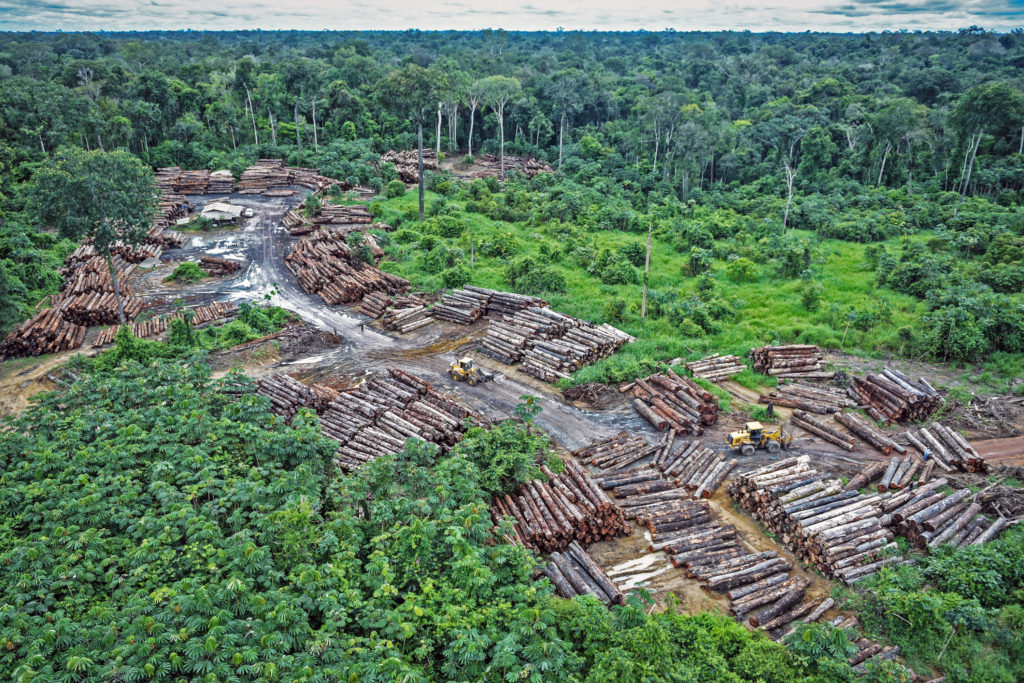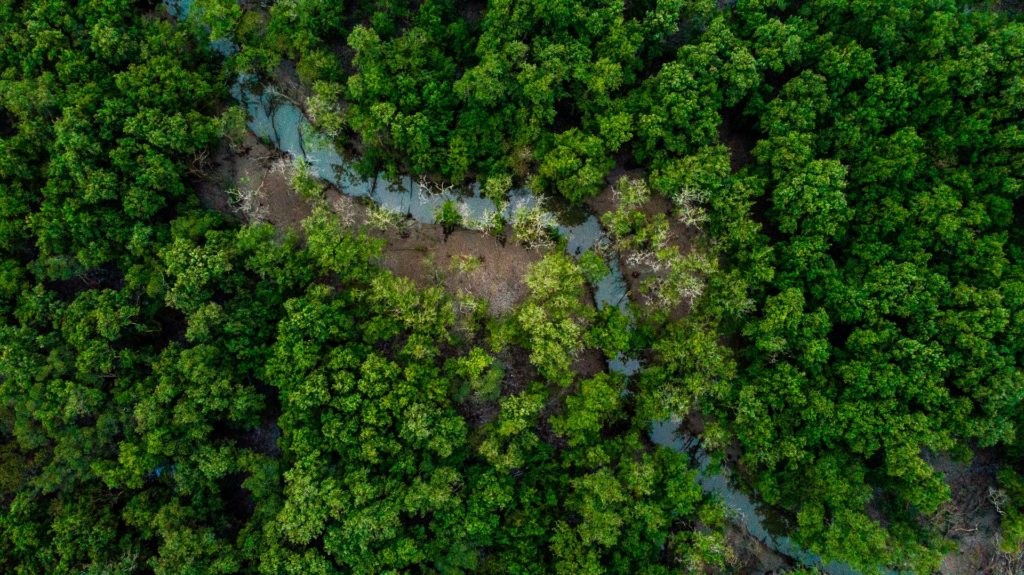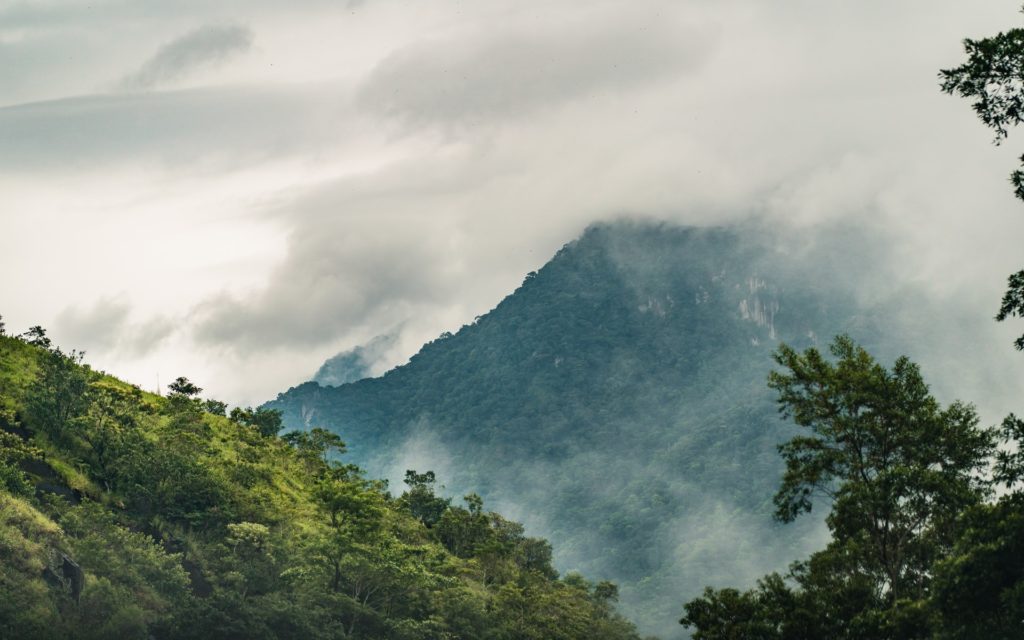Why the EU must not reward them with the Mercosur deal
06.05.2021
An opinion by Anna Cavazzini and Yannick Jadot, Greens/EFA MEPs.

The Amazon rainforest in Brazil has released 20% more carbon in the past decade than it has captured, according to a recent study. This makes the Brazilian Amazon now a net emitter of CO2, bringing it closer to its “tipping point” when the Amazon will become unable to sustain itself. Deforestation of the Amazon has also been proven to increase the risk of emerging zoonotic diseases: diseases shared between animals and people with the potential of evolving into a global pandemic. Against this worrying backdrop, the Brazilian Senate announced last week, at particularly short notice, that it would be voting on bill PL 510/2021 – better known as the “land grabbing bill”.
This law would effectively grant amnesty to invaders of public land and allow them to receive the title of land they illegally deforested. Civil society and environmental organisations all over the world have jumped into action. Rightfully so, as this legislation would essentially encourage illegal deforestation and exacerbate existing land conflicts between the agricultural sector and indigenous people. It’s a matter of global concern.

As a result of the public backlash to the announcement, the Brazilian Senate have postponed the vote. Nonetheless, there are many reasons to stay alert. The legislation might be put back on the agenda at any time with very short notice. This is also not the only legislation currently up for consideration by the Brazilian Congress dealing with the fast-growing deforestation of the Amazon rainforest.
The European Union is well aware of the role the Amazon plays in the wellbeing of the planet and people. The EU is about to present its plans to combat EU-driven global deforestation. It is therefore hard to believe that, despite such a red flag, the European Commission and many Member States continue to insist on the ratification of the EU-Mercosur trade deal. This trade deal will boost cheaper agricultural imports from South American countries, like Brazil, to the EU and is estimated to lead to a 25% increase in deforestation in the Mercosur region. The deal has been criticised for being too weak, with sustainability standards that are not truly enforceable.

At a time when the Amazon is rapidly approaching its “tipping point”, the Brazilian government is dismantling environmental protection policies at record speed. They’re sacrificing our planet for greed and putting all of our lives in danger. We can’t reward them with a trade deal worth billions of euros. The EU-Mercosur trade agreement must be dropped immediately. Making empty declarations with toothless commitments on deforestation will simply not be enough to fix the agreement. It’s the EU’s responsibility to reopen negotiations with Brazil in order to address the serious shortcomings of this agreement, and to make it very clear that no tariff preferences can be granted unless the protection of the Amazon rainforest is restored and enforced by the Brazilian government. Until then we, as the Greens/EFA in the European Parliament, will continue to oppose this trade deal and call on the Commission and Member States to set their priorities straight.
How will the EU-Mercosur Trade Deal impact people and the planet? What can we do to stop the Mercosur Agreement?

MEP Anna CAVAZZINI 
MEP Yannick JADOT
More information
Ischi Graus – International Affairs campaigner
ischi.graus@ep.europa.eu